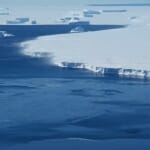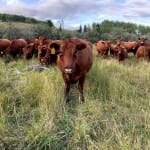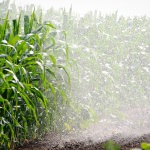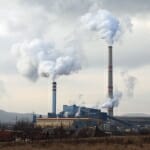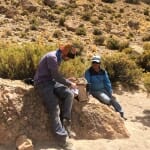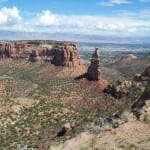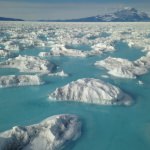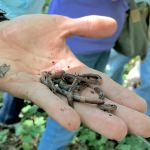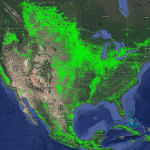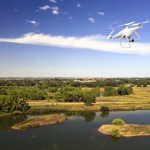Tag Nelson Institute for Environmental Studies
Old-school cool: A look back on Earth Day
Wondering what Earth Day looked like for UW in 1970? Here are some old-school cool photos that flashback to the historic event. Read More
On Earth Day, the world pauses
Sunlight shines through a stand of pine trees at the University of Wisconsin–Madison Arboretum this week.Today is Earth Day, which campus is marking with events and a virtual conference. Read More
Blank’s Slate: You don’t have to miss observing Earth Day
Chancellor Rebecca Blank urges you to participate in a virtual Earth Day conference sponsored by the Nelson Institute on April 20. And learn more about the history of the Nelson Institute as it celebrates 50 years. Read More
Governor issues proclamation in honor of the Nelson Institute’s 50th anniversary
The institute, named for former governor, senator and Earth Day founder Gaylord Nelson, has worked to provide scientifically sound research on environmental challenges since 1970. Read More
Warming oceans could cause Antarctic Ice Sheet collapse, sea level rise
A new study found that warming below the surface of the planet’s oceans is a significant contributor to ice sheet melt, particularly in the Antarctic, where a large portion of the ice sheet exists under the water. Read More
Potential predation prevention: Remind cattle they are herd animals
An experiment will test the back-to-the-future principle that cattle will find safety by returning to their roots as herd animals, says graduate student Naomi Louchouarn, who began the experiment last spring. Read More
Irrigated farming in Wisconsin’s Central Sands cools the region’s climate
Irrigation dropped maximum temperatures by one to three degrees Fahrenheit on average while increasing minimum temperatures up to four degrees compared to unirrigated farms or forests, research shows. Read More
Flashing lights protect livestock in Chile — by deterring pumas
New UW–Madison research shows how bright, flashing lights can prevent puma attacks on livestock in Chile, without harming the predators. Read More
Elders-in-Residence Program will bring Native community leaders to campus for mentoring, support
The initiative will seek to improve the experience of American Indian and Alaskan Native students by hosting Native elders on campus for extended visits and educational exchanges. Read More
A warming climate means profound changes for U.S. National Parks
The analysis of all 417 of America’s national parks, conducted by UW–Madison’s Center for Climatic Research, found that average temperatures increased at twice the rate as the rest of the nation over the past century. Read More
Ancient farmers spared us from glaciers but profoundly changed Earth’s climate
Ancient farming practices led to a rise in the atmospheric emission of the heat-trapping gases carbon dioxide and methane – a rise that has continued since, unlike the trend at any other time in Earth’s geologic history, according to new UW–Madison research. Read More
In a warming world, could air conditioning make things worse?
A team of UW–Madison researchers forecasts as many as a thousand additional deaths annually in the Eastern United States alone due to elevated levels of air pollution driven by the increased use of fossil fuels to cool the buildings where humans live and work. Read More
Invasive worms spreading in Arboretum forests, limited effects so far
Despite Asian jumping worms’ known appetite for leaf litter and tendency to change soil nutrients, researchers found limited evidence of changes to vegetation in areas where the worms have invaded the UW–Madison Arboretum. Read More
Lethal management of wolves in one place may make things worse nearby
Farms that had a wolf killed experienced a 27 percent decrease in risk of another attack, but it was offset by a 22 percent increase at a number of farms in the same township. Read More
Mapping cropland: UW–Madison plays critical role in worldwide map
A UW–Madison researcher was part of a global collaboration has just released a satellite-based map of world croplands that “found” 625 million to 875 million acres that were not known to national agricultural authorities. Read More
Degree program uses satellite, drone technologies to solve environmental problems
Students will learn skills that can be applied to conducting wildlife surveys, mapping floodwaters, monitoring environmental conditions, and many other applications. Read More





